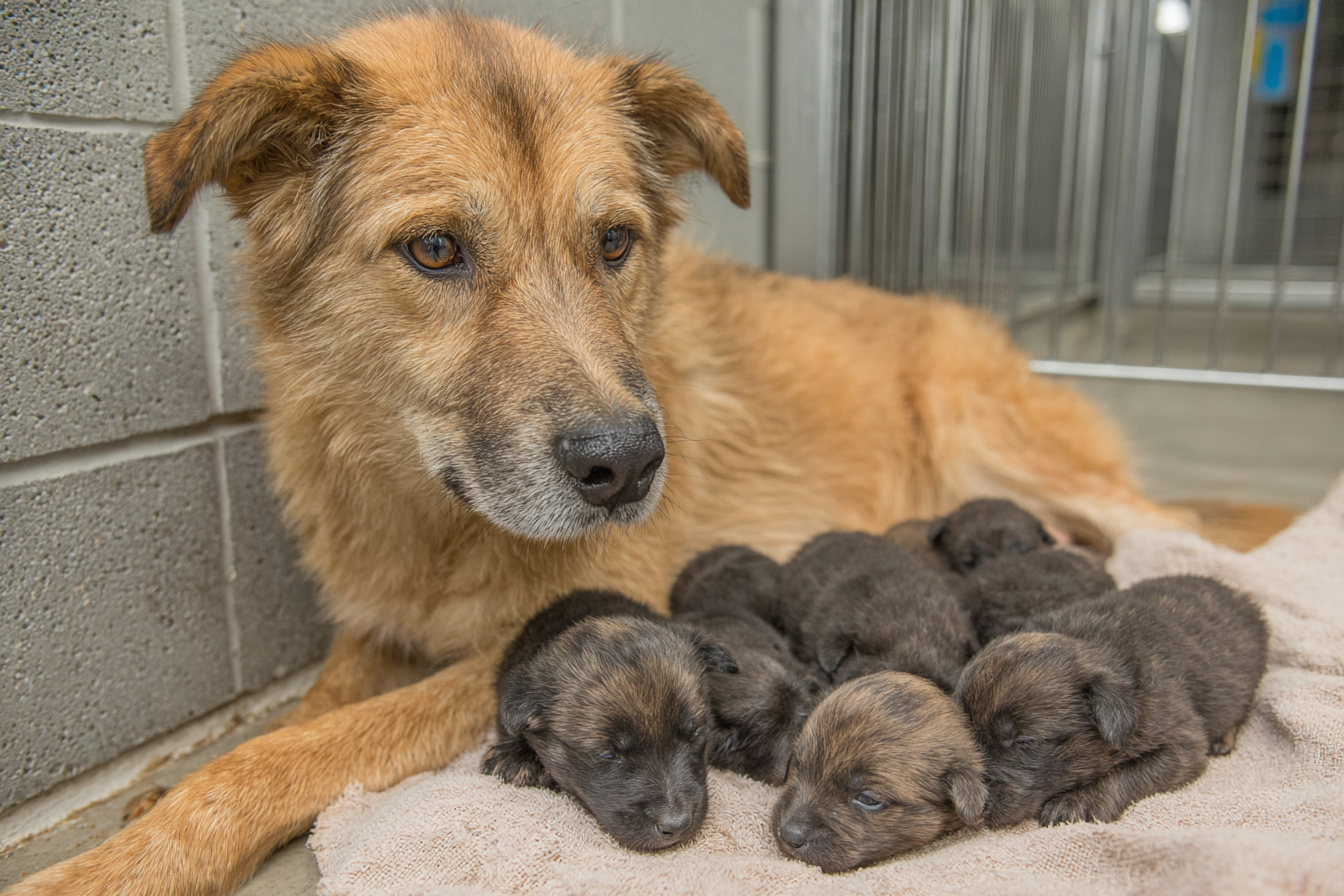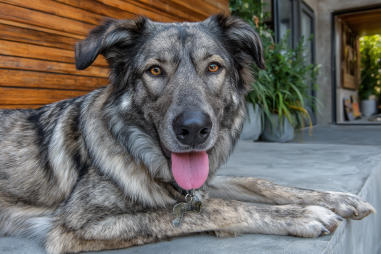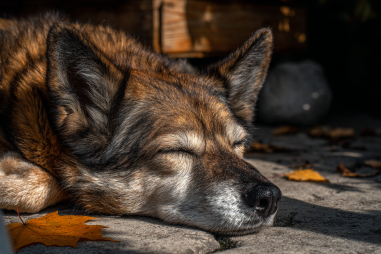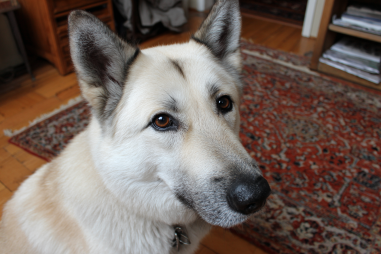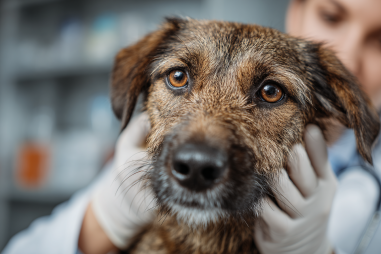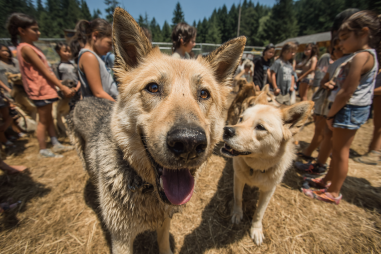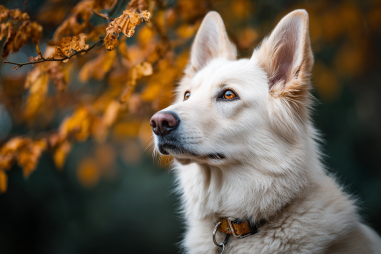Breeding Chinook dogs is a rewarding but complex endeavor that requires a deep understanding of the breed’s unique characteristics, genetic health, and ethical breeding practices. Whether you’re a prospective breeder or simply interested in how these beautiful dogs are brought into the world, it’s essential to know the ins and outs of Chinook breeding to promote the health and longevity of this rare breed. In this article, we’ll explore everything from breed standards to responsible breeding techniques, helping you become well-informed about raising healthy and happy Chinook puppies.
Introduction to Chinook Breed Standards
The Chinook is a rare sled dog breed known for its striking golden coat, friendly temperament, and incredible endurance. Originally developed in New Hampshire in the early 20th century, Chinooks were bred for sledding and general companionship. When it comes to breeding, understanding the American Kennel Club (AKC) breed standards is the foundation for producing quality puppies that not only look like true Chinooks but also embody their distinctive personality traits.
According to the AKC standard, Chinooks are medium to large-sized dogs, typically weighing between 50 and 70 pounds. Their coat is dense and double-layered, providing insulation in cold climates, and their color ranges from a pale cream to a rich reddish-gold. The breed has a muscular build, with a broad skull, medium-length muzzle, and a distinctive, expressive face that often carries a subtle smile.
Temperament is just as important as physical appearance. Chinooks are known to be gentle, intelligent, and highly social dogs. They thrive in family environments and are especially good with children. Maintaining these breed traits is a key consideration when selecting breeding pairs, as personality transmission is just as critical as physical characteristics.
Health Screening and Genetic Considerations
Responsible Chinook breeding starts with prioritizing the health of both the parents and future puppies. Health screening is vital to minimize genetic disorders and to promote longevity and wellness within the breed. Some of the common health issues seen in Chinooks include hip dysplasia, elbow dysplasia, and progressive retinal atrophy (PRA).
Here are some essential health screenings prospective breeders should consider:
- Hip and Elbow Evaluation: Certified by organizations like the Orthopedic Foundation for Animals (OFA) to detect dysplasia and joint issues.
- Eye Examination: Conducted by a veterinary ophthalmologist to check for hereditary eye diseases such as PRA.
- Cardiac Screening: To rule out heart conditions that could be passed to offspring.
- Genetic Testing: Specific DNA tests can identify carriers or affected dogs for inherited disorders; these tests should guide mate selection.
Beyond screening, understanding the genetics of coat color and pattern is important to prevent undesirable traits and to maintain the breed’s typical golden hue. Breeders should also avoid inbreeding to maintain genetic diversity, which helps reduce the risk of inherited health issues.
Mating and Pregnancy Care
After selecting healthy, temperamentally sound dogs that meet breed standards, it’s time to plan for mating. The timing of the breeding is crucial. Female Chinooks have an estrus cycle typically every six months, and identifying the optimal breeding window increases the chances of successful conception.
Monitoring hormone levels or consulting a veterinarian for ovulation timing can help pinpoint the best days for mating. Once the female is pregnant, providing proper prenatal care is essential, including:
- A balanced diet rich in nutrients to support the growing puppies.
- Regular, gentle exercise to maintain the mother’s health.
- Routine veterinary checks to monitor the pregnancy’s progress.
- A comfortable, quiet space for whelping preparation.
Ensuring the mother is up-to-date on vaccinations and parasite control prior to breeding is also vital to protect both her and the puppies.
Whelping and Raising Puppies
Whelping — the process of giving birth — is a critical time for any dog breeder. Preparing in advance can help reduce stress and ensure the health of the mother and her litter. The whelping area should be calm, warm, and free of disturbances. The breeder should be prepared to assist with the birth if necessary, but often it is best to allow the mother to handle the process naturally.
Immediately after birth, each puppy should be examined for health signs, including vigorous breathing and nursing behavior. Puppies benefit from early socialization and gentle handling to develop the friendly and outgoing nature typical of Chinooks.
During the first few weeks, breeders must monitor the puppies’ growth, ensure proper nutrition through the mother’s milk, and keep the whelping environment clean. Gradually, at about 3-4 weeks of age, puppies can be introduced to soft solid foods and enriched social experiences.
Between 6 and 8 weeks, puppies typically receive vaccinations and health checks before being ready to find their forever homes. Ethical breeders ensure that puppies go to homes that will continue to provide proper care, exercise, and socialization.
Ethical and Responsible Breeding Practices
Breeding Chinooks is not just about producing cute puppies; it’s a responsibility that impacts the breed’s future. Ethical breeding means putting the dogs’ welfare above all else and avoiding practices that compromise health or temperament for profit.
Some important ethical considerations include:
- Breeding Age: Only breed dogs when they are physically mature, usually after 2 years of age.
- Limiting Litters: To avoid overbreeding and allow the mother adequate recovery time.
- Transparency: Provide full disclosure of health test results and breeding practices to puppy buyers.
- Behavioral Evaluation: Ensure breeding stock has sound temperament and social skills.
- Commitment to the Breed: Breeding Chinooks should be done with the goal of enhancing the breed, not just producing pets.
Additionally, responsible breeders stay active within Chinook breed communities and clubs, sharing knowledge and resources to improve breed standards and health collectively.
Finding Reputable Chinook Breeders
If you’re interested in acquiring a Chinook puppy or even partnering with a breeder, it’s crucial to seek out reputable and responsible Chinook breeders. Here are some tips to help you find trustworthy breeders:
- Research: Use Chinook breed clubs and AKC directories as starting points.
- Ask Questions: Inquire about health screenings, breeding philosophy, and support after adoption.
- Visit Facilities: Observe the living conditions of breeding dogs and puppies to ensure cleanliness and good care.
- References: Talk to previous puppy buyers for their experiences.
- Wait for Quality: Avoid breeders who always have puppies available—ethical breeding focuses on quality, not quantity.
Reputable Chinook breeders are passionate about perpetuating the breed’s qualities and will welcome any questions you have, helping you make an informed decision.
Breeding Chinook dogs is a meaningful commitment that requires careful attention to genetics, health, mating, and care practices. By following ethical standards and understanding breed-specific needs, breeders play a central role in preserving the unique qualities of the Chinook. Whether you’re considering breeding or adopting one of these remarkable dogs, knowledge and responsible action will promote a bright future for the breed.

